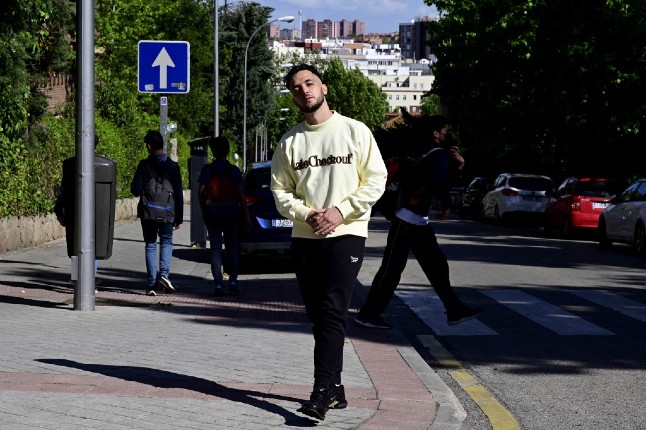Fans of the series in the Scandinavian country will watch new episodes for the last time in 2018, DR media director Henriette Marienlund confirmed.
“We have decided it’s the right time to try something new. It is our ambition from now on to give viewers new, original entertainment created in Denmark that, like X Factor, will focus on bringing people together,” the director said to DR.
X Factor, the creation of British television and music producer Simon Cowell, was first broadcast in Denmark in 2008, and 1,594,000 people watched the most recent finale of the show in March this year, according to the broadcaster.
The team of judges for the upcoming season of the show was presented last week, with veteran singer Sanne Salomonsen joining regular judges Remee and Thomas Blachmann in the line-up.
Filming begins next week with auditioning taking place in Copenhagen, writes DR.
“I am proud that X Factor has been one of the biggest cultural communities in Denmark for the last ten years. The programme has created debate, got people involved and created a meeting place in a way I don’t recall any other entertainment shows being able to do,” head of entertainment at DR Jan Lagermand Lundme told the broadcaster.
But Lundme agreed that it was the right time to move on.
“With our hopes for what future DR entertainment should be based on, it’s natural for us to call it a day after the upcoming season,” he said.
“I’m really looking forward to the creation of new, exciting formats for entertainment with a large dose of public service vitamins, that will also be able to bring people together,” he added.
READ ALSO: Here's what Danes Googled the most in 2016



 Please whitelist us to continue reading.
Please whitelist us to continue reading.